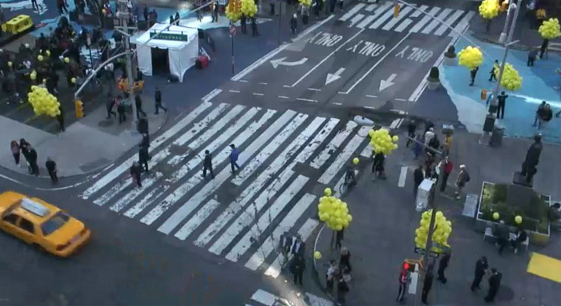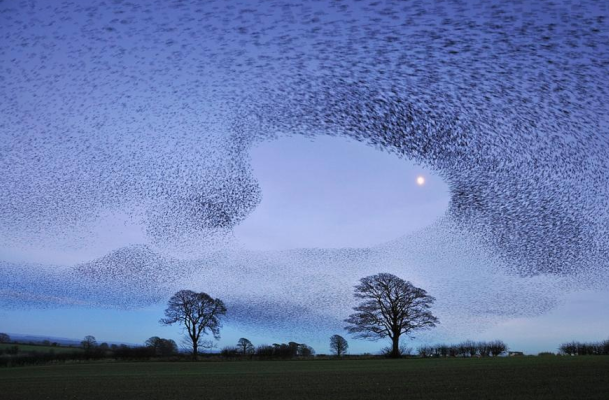 There is a place in Chicago, high above the streets I can tell you about. I've only been there once.
There is a place in Chicago, high above the streets I can tell you about. I've only been there once.
There is a place in Chicago, high above the streets I can tell you about. I won't tell you the name, because it's not important. But it's there, believe me. High above the hustle and bustle of a street named after a state, some of the most world's most talented musicians have met their destiny.
It is more treasure chest than shop. A landing pad where string instruments arrive like long-awaited foreign dignitaries with names like Francois and Annalinda. Some of them are named after artists or constellations, others named after lovers lost between the pages of the world's greatest unwritten love stories. Each one has a history. Many of them, if not most, are centuries old. One sat in the corner, listening to gossip at Marie Antoinette's ball. Another recalls the first breath of fresh air after years passed hiding in Amsterdam. The youngest is rumored to have a distant cousin that continued playing that night as the ship went down.
When you meet the dignitaries your instinct is to hush. You want to believe they will whisper their stories if you listen closely enough.
There is a sadness to the dignitaries. They have lost-and survived-everyone they ever loved and every hand that ever loved them in return. They have lived a series of lives, a constant reincarnation marked by the passing of time and the ticking of t he clock. Dutifully, they have sung again and again under aging hands, having lost as soon as they are found. They serve faithfully. They endure knowing others cannot. The dignitaries mourn; you can hear it if you listen, like holding a seashell to your ear. Every last breath, ever final farewell and ever swan song remains in the and of their scrolls and the spaces in between.
At the end of the hall there is an arched doorway. You can see it from where you sit. A single, short step leads up to an old wooden door. Light escapes through a crack between the floor and the base of the door. Beyond the door you hear voices, muffled but jovial. Then the click of a door beyond the door.
And then the singing begins.
You are hearing a familiar song for the first time. Every memory rushes back to you. Discovering toes. The comfort of being tucked into bed as a child. The infinite weightlessness of soaring through the air on a tire swing. The touch of your grandfather's hand patting your back. The smell of July at 10:30 p.m. The feel of a paintbrush in your hand. The taste of vanilla ice cream and South Carolina peaches. The exquisite sensation of slipping beneath the surface of the water in a swimming pool. The exact moment a ride on a bike with no training wheels finally makes sense. The electricity of the first kiss. The rush and rebellion of your first beer. The people you know and knew are laughing and smiling and waving as they go sailing by on a brilliantly colored carousel. Every dream, every hope, every wish is coming back to you now, like lady bugs
Open your eyes.
Stand up.
Turn away from the arched doorway. Walk down the long corridor. Take your time. Turn left down the short hallway. You'll find the elevator and your friend waiting to return you to the lobby from the 6th or the 8th or the 9th floor. He's quieter this time.
When the elevator stops and the doors open, step out and cross the marble floor. Pull open the door and step outside. Let the sunlight envelope you as you squint upward seeing only white light.
To your left a yellow taxi pauses at a stoplight as a child passes through the crosswalk leading a yellow balloon.
High above a bow is lifted from strings as a familiar life begins again on the sidewalks of Chicago.



 I have a fairly large extended family. For the most part, our current clan originated in Wichita, Kansas, but through the power invested in marriages, divorces, job transfers and time, we have been strewn out across the country over the years. You'll now find pushpins in our family map everywhere from the Florida Keys to Honolulu, Austin to Wisconsin.
I have a fairly large extended family. For the most part, our current clan originated in Wichita, Kansas, but through the power invested in marriages, divorces, job transfers and time, we have been strewn out across the country over the years. You'll now find pushpins in our family map everywhere from the Florida Keys to Honolulu, Austin to Wisconsin.


